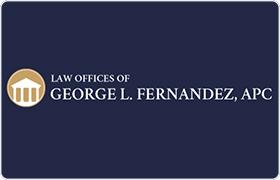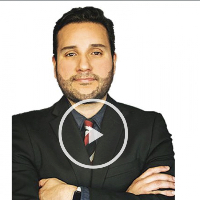Huntington Park DUI-DWI Lawyer, California, page 3
Sponsored Law Firm
-
 x
x

Click For More Info:
-
Law Offices of George L. Fernandez APC
444 Ocean Blvd Suite 800 Long Beach, CA 90802» view mapCriminal Defense Law Passion. Experience. Diligence.
George L. Fernandez is dedicated to competently, thoroughly, and diligently represent the best interest of his clients in a professional and ethical matter at all times.
800-970-2821
FREE CONSULTATION
CONTACTFREE CONSULTATION
CONTACTScott D Wu
Sexual Harassment, DUI-DWI, Discrimination, Credit & Debt
Status: In Good Standing Licensed: 26 Years
James Anthony Mendez
White Collar Crime, DUI-DWI, Criminal
Status: In Good Standing Licensed: 29 Years
Daniel R Perlman
Divorce & Family Law, White Collar Crime, DUI-DWI, Criminal
Status: In Good Standing
Karen Goldstein
Misdemeanor, Felony, DUI-DWI, Criminal
Nigel Roy Witham
State Appellate Practice, White Collar Crime, DUI-DWI, Criminal
Status: In Good Standing
 George Fernandez Long Beach, CA
George Fernandez Long Beach, CA Practice AreasExpertise
Practice AreasExpertise
